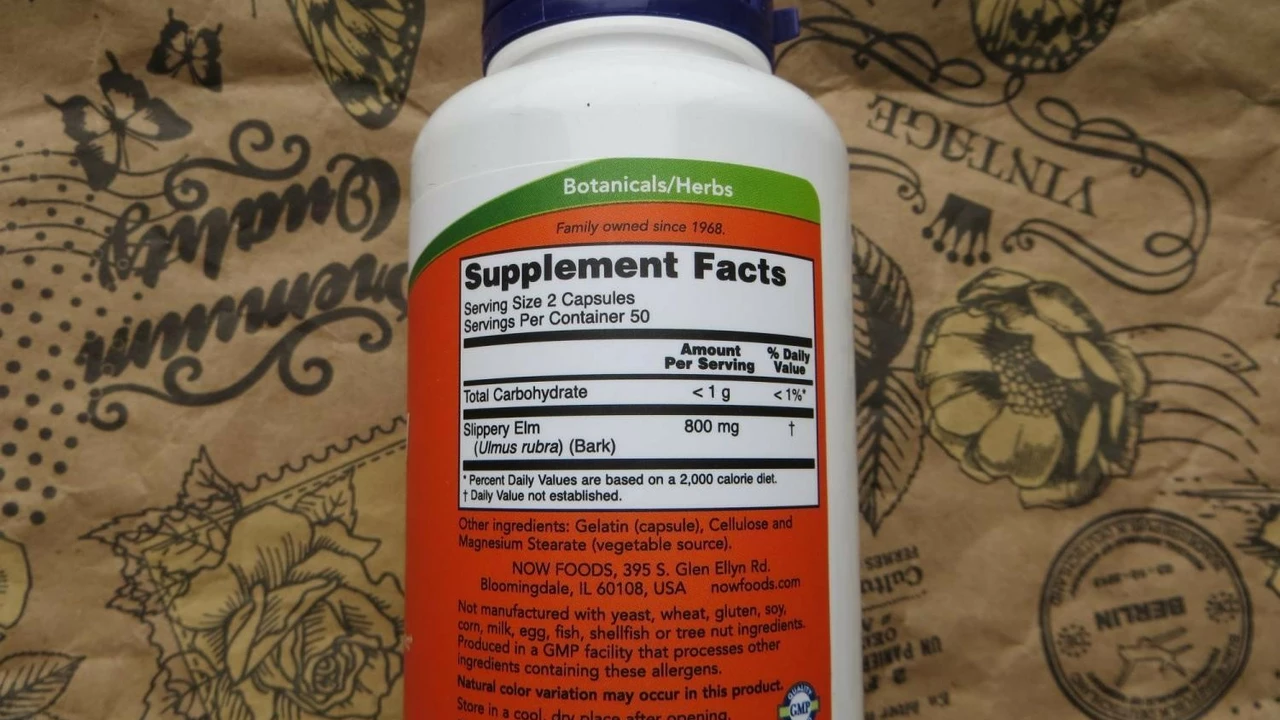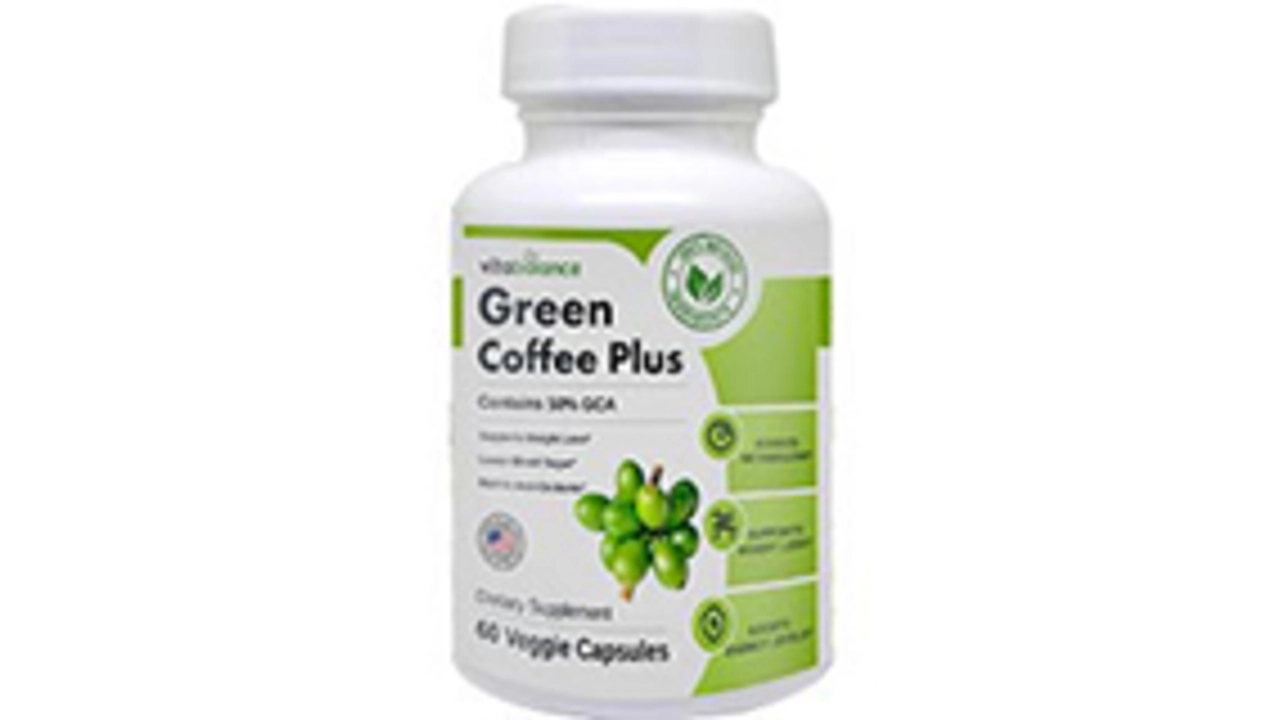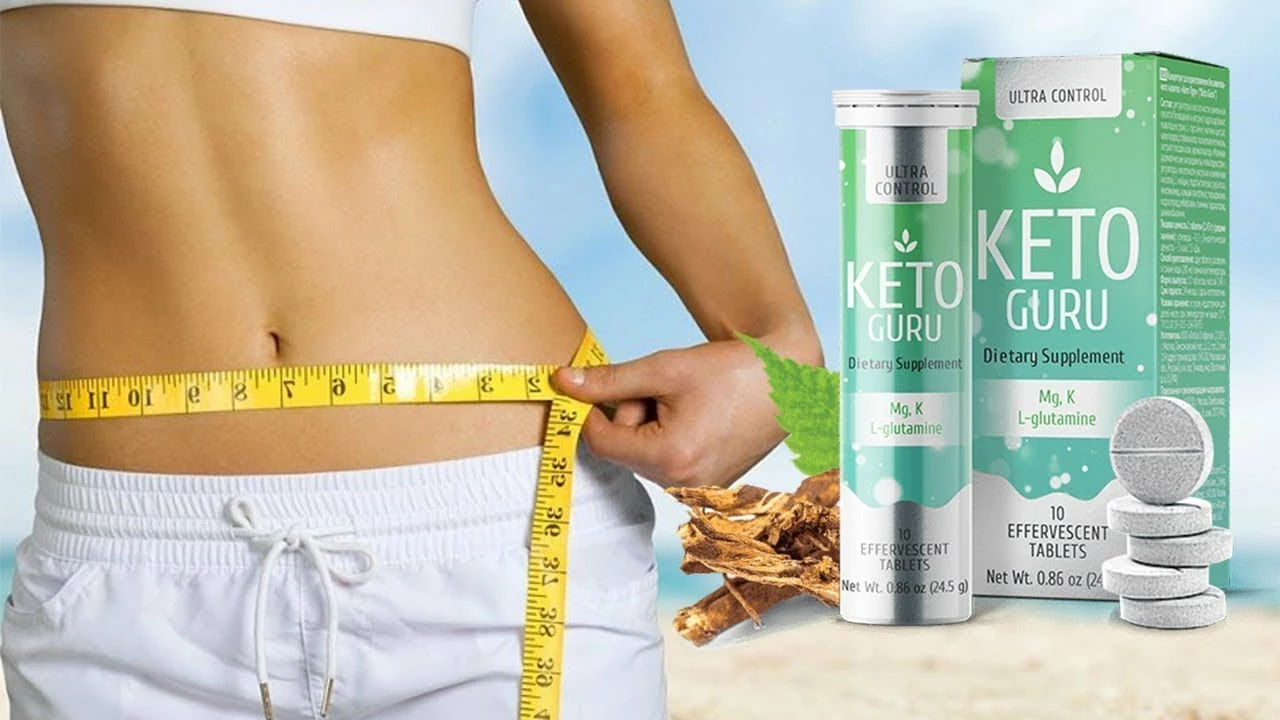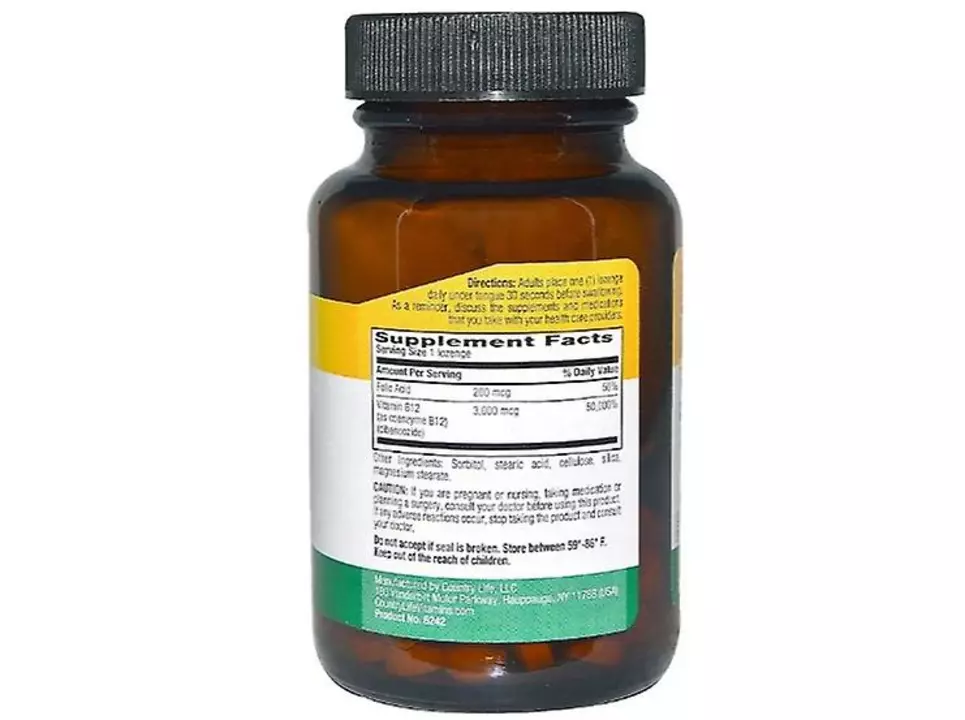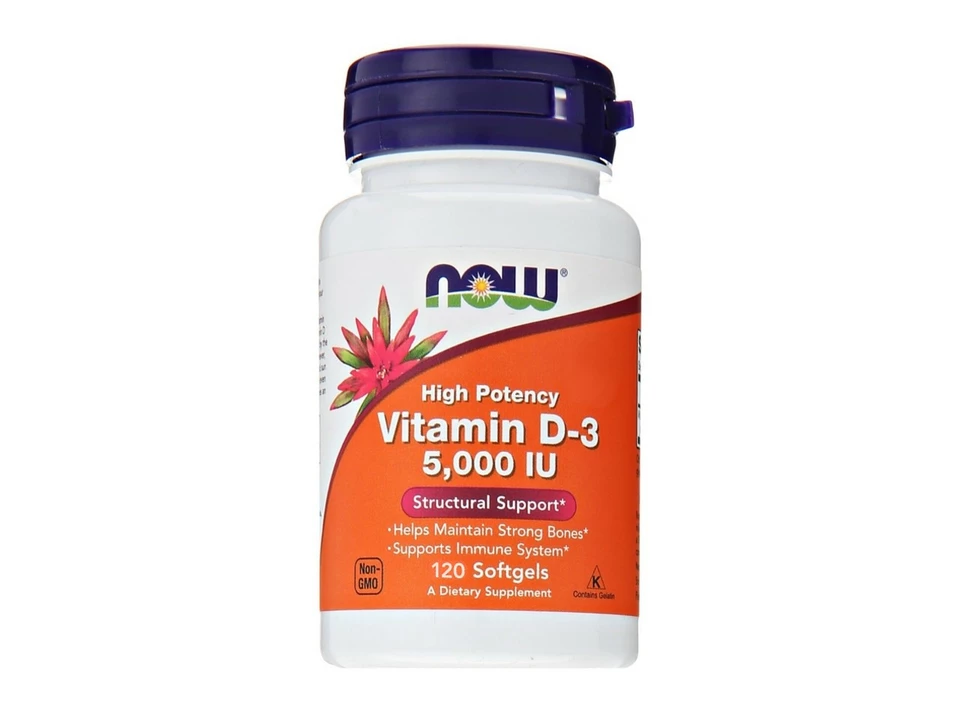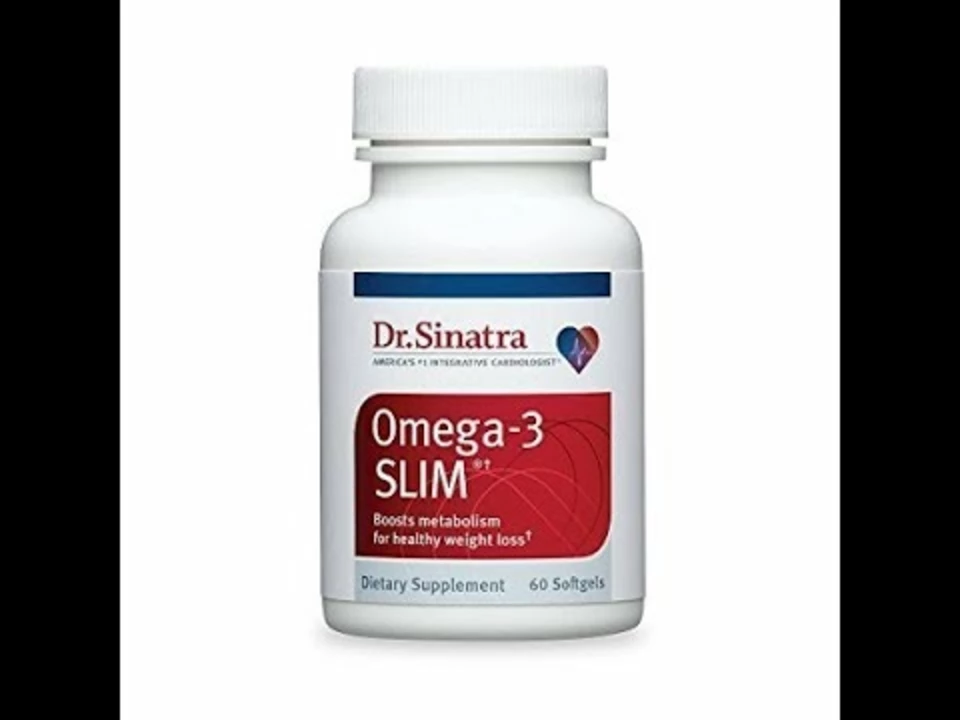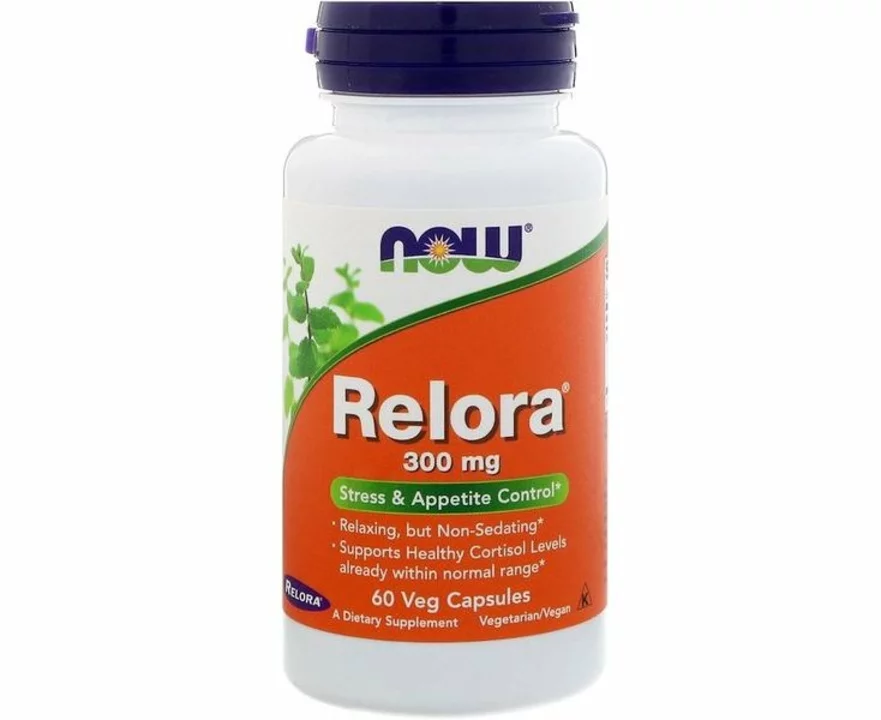Dietary supplement: how to choose and use them safely
Supplements can help fill gaps in your diet, support fertility, boost energy, or aid recovery. But they’re not harmless by default. Some pills work, some do nothing, and a few can interact with your medications. This page shows clear, practical steps to find good supplements and use them without surprises.
How to pick a quality supplement
Start with a clear reason. Are you trying to support fertility, improve digestion, or add vitamin D in winter? Know the goal before you spend money. Look for products that list the active ingredient and exact dose. Avoid vague claims and “proprietary blends” that hide amounts.
Choose third-party testing. Labels from NSF, USP, or ConsumerLab mean someone else checked the product for purity and potency. Pick brands that show a batch number and expiry date. If the company won’t answer simple questions about sourcing or testing, move on.
Watch the label for unnecessary extras: fillers, high-dose herbs, or sweeteners you don’t want. For herbal supplements like chlorella, check for contamination reports—some algae products can carry heavy metals if poorly sourced. If you care about sustainability, look for brands that publish sourcing practices.
Common interactions and safety tips
Supplements can interact with prescription drugs. Blood thinners, blood pressure meds, antidepressants, and diabetes drugs commonly clash with supplements. For example, herbal products that affect clotting or blood sugar need careful review. Always tell your doctor or pharmacist what you take—this includes vitamins, herbal extracts, protein powders, and over-the-counter remedies.
Stick to recommended doses. More isn’t always better. Fat-soluble vitamins (A, D, E, K) can build up and cause harm at high doses. Water-soluble vitamins (C, B-complex) are less risky but can still cause side effects at very high doses. If you’re pregnant, breastfeeding, or have chronic illness, get personalized advice before starting anything new.
Buy from trusted sellers. Use verified pharmacies or reputable retailers and check return policies. Our site covers safe online buying for many meds and supplements—look for reviews, verification seals, and clear contact info.
Keep a simple supplement log. Note what you take, dose, start date, and any side effects. This helps spot problems fast and gives your clinician better info. Store supplements away from heat and humidity—many degrade quickly if left in the bathroom.
Finally, use supplements to support, not replace, basic health habits. Good sleep, a varied diet, and regular checkups matter more than any pill. If you want specific reads, check our posts on vitamins for fertility and chlorella for detox and immune support to learn practical dosing and safety tips.
Have questions about one product or an interaction with a drug you take? Send us the name and dose, and we’ll point you to reliable info or the right article on ModafinilXL.


